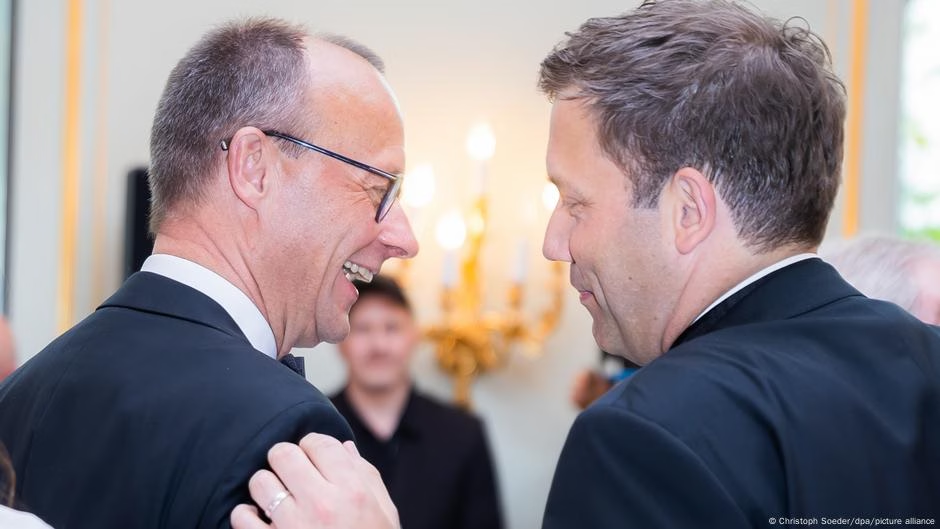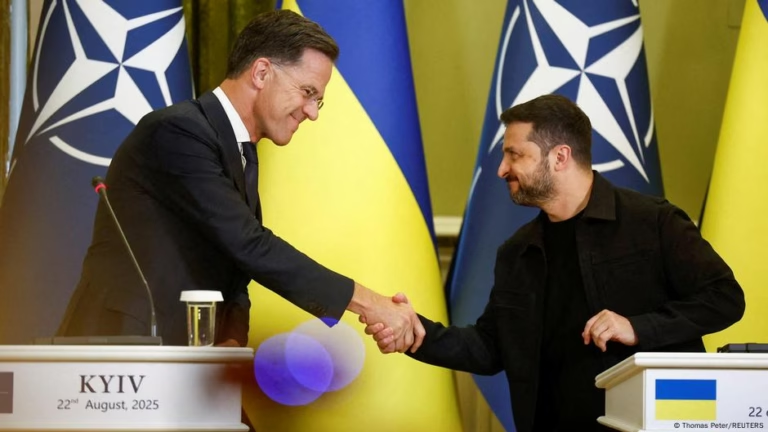The CDU/CSU alliance consists of Friedrich Merz’s Christian Democratic Union (CDU) and the smaller Christian Social Union (CSU), its Bavarian sister party.
Insights into the Talks
The conservative alliance secured the top position in the German federal election on 23 February, garnering approximately 28.5% of the vote.
The SPD, led by outgoing Chancellor Olaf Scholz, experienced a historic low, securing only 16.4% of the vote.
CDU/CSU’s Merz has ruled out any alliance with the far-right Alternative for Germany (AfD) and pledges to maintain the political “firewall” against them.
Talks on Friday are expected to set the stage for coalition negotiations, with the commencement of formal talks still pending.
Merz aims for government formation by Easter.
SPD’s Klingbeil: Coalition is Not Assured
Although the SPD has agreed to commence talks promptly, party co-leader Lars Klingbeil has emphasized that a coalition with the CDU/CSU is not a certainty.
“The formation of a government or the SPD’s membership in one is not predetermined,” he stated, underscoring that a coalition is not guaranteed.
The SPD and CDU/CSU have differing views on vital topics such as immigration policy, tax reform, and public expenditure.
The SPD advocates for the suspension of Germany’s debt brake to expand the federal budget, while the CDU/CSU opposes this and instead supports a special fund for defense expenses.
Kieran Burke: Editor








